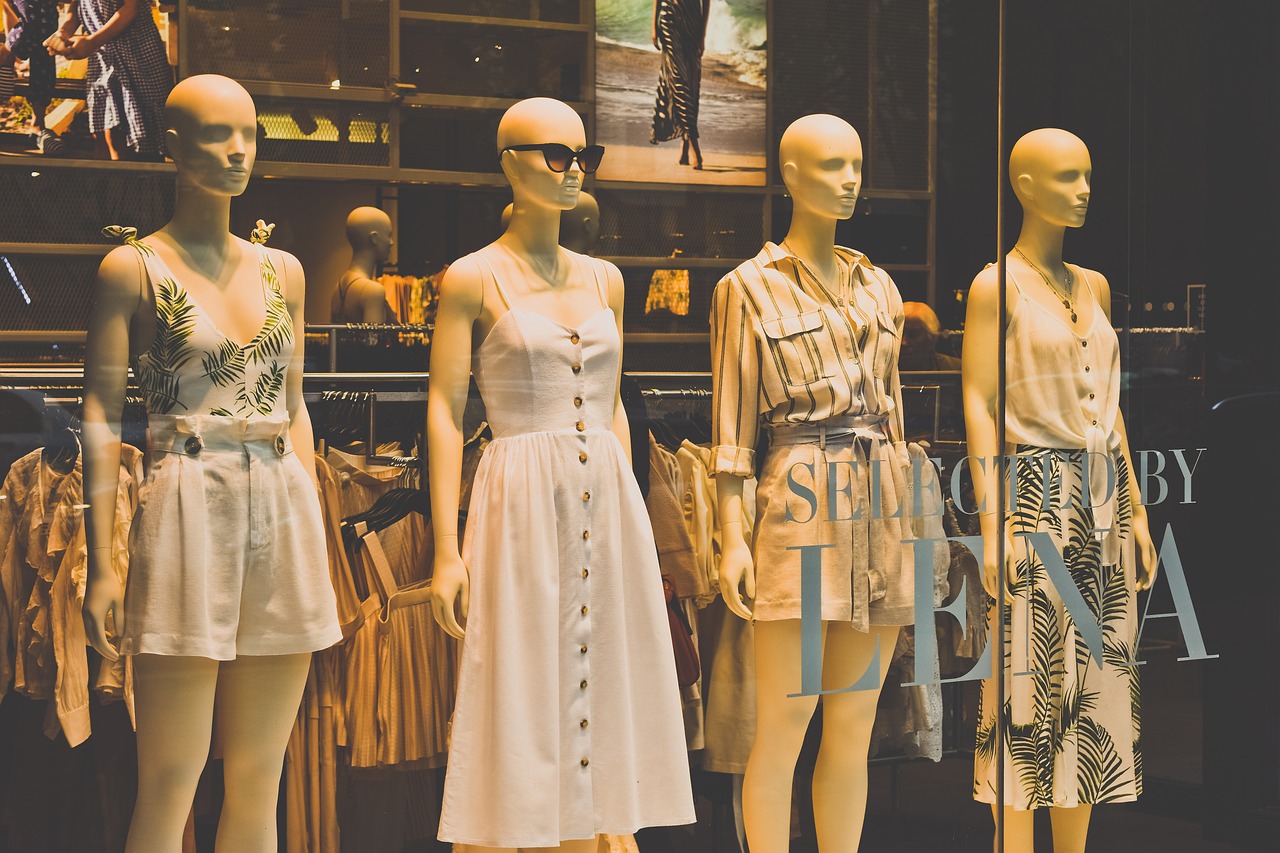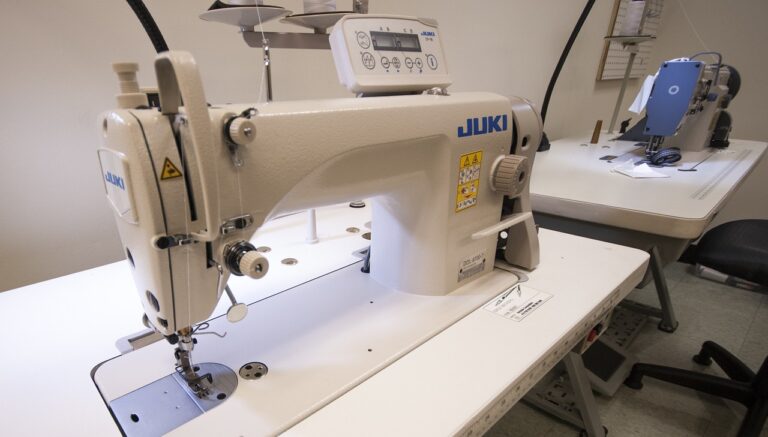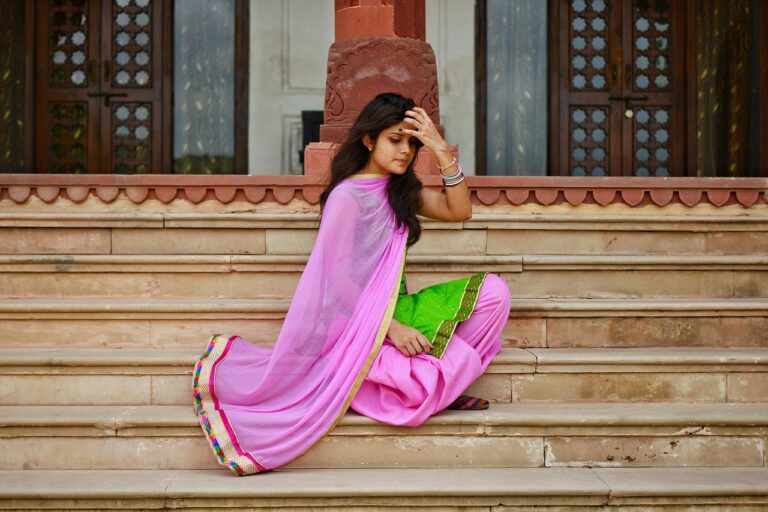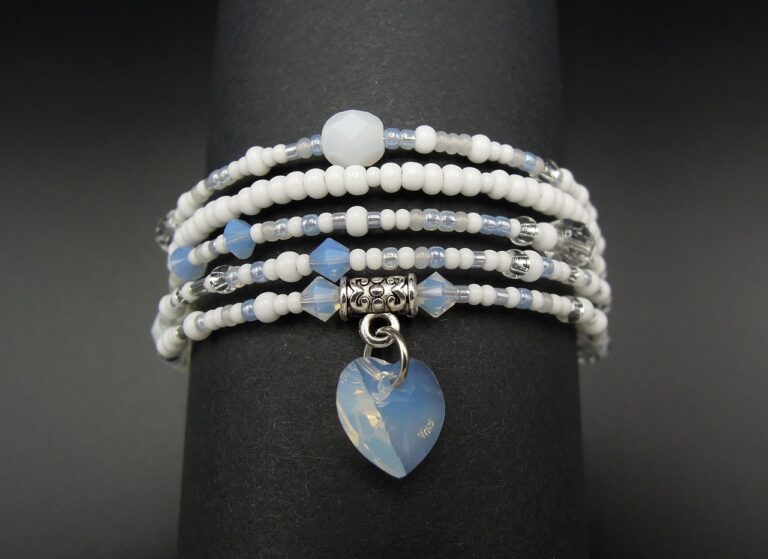Sustainable Fashion: From Niche to Mainstream: World777 id, 11xplay, 247 betbook
world777 id, 11xplay, 247 betbook: Sustainable fashion is no longer just a niche market; it has become a significant trend in the fashion industry. More and more consumers are becoming conscious of the environmental and social impact of their clothing choices, and as a result, sustainable fashion has gained mainstream acceptance. In this blog post, we will explore the journey of sustainable fashion from a niche to a mainstream movement.
The Rise of Sustainable Fashion
The concept of sustainable fashion is not new, but it has gained traction in recent years due to increased awareness of climate change, environmental degradation, and social injustices in the fashion industry. Consumers are now more informed about the impact of fast fashion on the environment and are actively seeking alternatives that are more eco-friendly and ethical.
Brands and designers are also responding to this shift in consumer behavior by adopting sustainable practices in their production processes. From using organic and recycled materials to implementing fair labor practices, the fashion industry is making strides towards a more sustainable future.
The Role of Influencers and Celebrities
Influencers and celebrities play a crucial role in popularizing sustainable fashion. With their massive social media following, they have the power to influence millions of followers to make more sustainable choices in their wardrobe. Many influencers and celebrities have partnered with sustainable fashion brands to promote their products and raise awareness about the importance of sustainable fashion.
By showcasing their own sustainable fashion choices and promoting brands that align with their values, influencers and celebrities are helping to normalize sustainable fashion and make it more accessible to the masses.
The Power of Transparency
Transparency is key to the success of sustainable fashion. Consumers are demanding more information about where and how their clothes are made, and brands are responding by providing detailed information about their supply chain and production processes. By being transparent about their practices, brands are building trust with consumers and showcasing their commitment to sustainability.
Consumers are increasingly looking for brands that are transparent about their sustainability efforts, from sourcing materials to manufacturing processes. By providing this information, brands are empowering consumers to make more informed choices and supporting the growth of sustainable fashion.
The Role of Technology
Technology has played a significant role in advancing sustainable fashion. From innovative materials to digital platforms that connect consumers with sustainable brands, technology is driving the growth of the sustainable fashion movement. Brands are using technology to track and trace their supply chain, monitor their environmental impact, and communicate with consumers about their sustainability efforts.
With the rise of e-commerce and social media, sustainable fashion brands are reaching a larger audience than ever before. Technology has made it easier for consumers to discover and shop for sustainable fashion, making it more accessible and mainstream.
Challenges and Opportunities
While sustainable fashion has made significant progress in recent years, there are still challenges that need to be addressed. One of the main challenges is the high cost of sustainable fashion compared to fast fashion. Sustainable materials and production processes are often more expensive, making sustainable fashion less accessible to low-income consumers.
Another challenge is the lack of industry-wide standards and regulations for sustainable fashion. With no clear guidelines in place, it can be difficult for consumers to determine which brands are truly sustainable and which are just greenwashing. This lack of transparency can erode trust and hinder the growth of the sustainable fashion movement.
Despite these challenges, there are also opportunities for sustainable fashion to continue its growth. As more brands and consumers embrace sustainable practices, the demand for sustainable fashion is expected to increase. By working together to overcome challenges and capitalize on opportunities, the sustainable fashion movement can continue to gain momentum and become a mainstream trend in the fashion industry.
FAQs
Q: What is sustainable fashion?
A: Sustainable fashion refers to clothing that is designed, manufactured, distributed, and used in ways that are environmentally friendly and socially responsible.
Q: How can I support sustainable fashion?
A: You can support sustainable fashion by shopping from brands that use organic, recycled, or sustainable materials, and by choosing high-quality pieces that are designed to last.
Q: Is sustainable fashion more expensive?
A: Sustainable fashion can be more expensive than fast fashion, but it is important to consider the long-term benefits of investing in high-quality, ethically made clothing.
Q: How can I find sustainable fashion brands?
A: You can find sustainable fashion brands by researching online, reading reviews, and looking for certifications such as Fair Trade or GOTS (Global Organic Textile Standard).
Q: What are some sustainable fashion practices?
A: Some sustainable fashion practices include using organic or recycled materials, implementing fair labor practices, reducing waste, and supporting local artisans and communities.
Q: Why is sustainable fashion important?
A: Sustainable fashion is important because it helps reduce the environmental impact of the fashion industry, promotes ethical and fair labor practices, and supports a more sustainable and equitable future for all.
In conclusion, sustainable fashion has come a long way from being a niche market to becoming a mainstream trend in the fashion industry. With the support of consumers, influencers, brands, and technology, the sustainable fashion movement is poised to continue its growth and make a positive impact on the planet and the people who make our clothes. By making more informed and conscious choices, we can all contribute to a more sustainable and ethical fashion industry.







